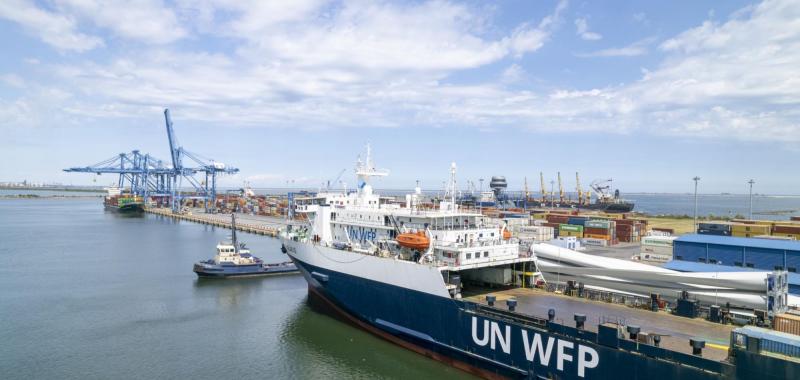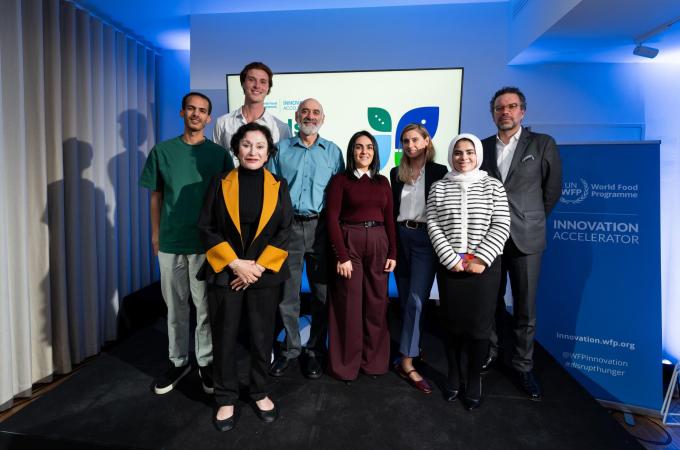The ever-changing landscape of WFP operations makes the global supply chain very difficult to analyse: where to buy food, where to send it, where to store it and how to best use limited financial resources and maximize food delivery. This upstream planning problem affects not only the countries with an erratic demand of funds but also new emergencies requiring responsive data-driven decision-making, where applying last time’s decision is not good enough.
Project overview
SCOUT is transforming WFP’s supply chain by using optimization AI to enhance global food sourcing and delivery planning.
SCOUT uses optimization AI to enhance global food sourcing and delivery planning for WFP's supply chain. It optimizes complex supply chain planning by modeling WFP's global supply chain network, focusing on upstream operations up to recipient countries. It provides data-driven insights to improve decision-making in sourcing and delivery planning for HQ core units and regional bureaux.
With SCOUT, WFP saved US$6.2 million in two years. In 2024, SCOUT saved WFP US$2 million thanks to replanning the corporate inventory supply chain of only one commodity in WFP operations in West Africa. In 2025, these enhancements generated US$4.2 million in savings, bringing the total to US$6.2 million.
As a centralized tool for the region, SCOUT has effectively reached all WFP beneficiaries in the region. In 2023, SCOUT's rapid replanning capacity helped avoid an interruption of nutrition activities for 270,000 beneficiaries over the course of a month, saving lives and keeping many outside of the risk of starvation.
SCOUT reduces lead time for supply chain emergency planning to one day instead of two weeks. With 10 percent efficiency gains validated, SCOUT can realistically deliver more than US$25 million in annual savings at scale.





